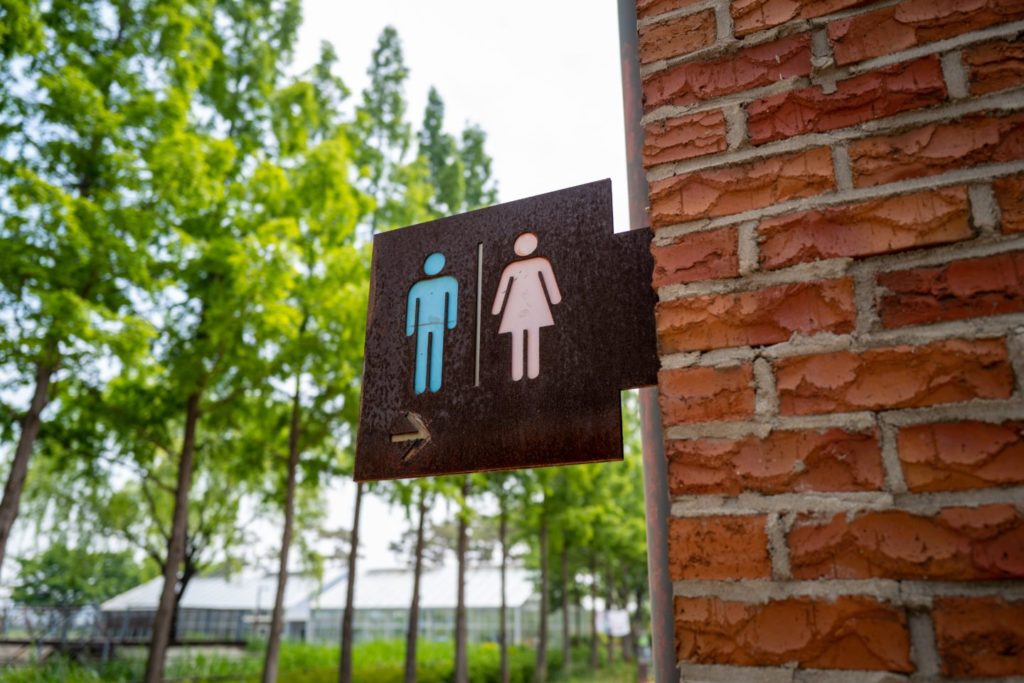Kansas Legislature enacts Women’s Bill of Rights in override of Gov. Kelly’s veto
The Kansas Legislature voted to override the veto of Democrat Gov. Laura Kelly of a previously approved bill that would limit bathroom used to sex assigned at birth.
The bill is called the…

The Kansas Legislature voted to override the veto of Democrat Gov. Laura Kelly of a previously approved bill that would limit bathroom used to sex assigned at birth.
The bill is called the “Women’s Bill of Rights.”
The House voted to override 84-40 Thursday after the Senate voted to do so 28-12 on Wednesday.
“What’s the rights of a woman?… For fifty years women have fought for rights… for the right to vote… for the right to drive…And now we’re being told today that women’s rights don’t matter,” said Rep. Brenda Landwehr, R-Wichita, who carried the bill in the House on Thursday, according to local KSNT. “Little girls should not have to be exposed to a man in the female bathroom.”
Local and national media have gone into overdrive, calling the bathroom ban the most “sweeping” bathroom legislation nationally.
The bill defines gender as the biological sex at birth, according to the Associated Press (AP).
It does not create a new criminal code for violations of the new law, nor does it impose penalties or even allow somebody to sue another person over wrongful bathroom use, said the AP.
Yet critics have said that it’s so broadly written that it would prevent a transgendered person from being able to change their sex on their driver’s license.
News of bill’s passage has also allowed critics to recycle the debunked claim that the law will require genital examinations.
“Are you all going to check the genitals of every trans child who walks into the restroom, or maybe just children in general, so you can figure out who’s a male and who’s a female biologically?” asked Rep. Heather Meyer, D-Overland Park, who opposed the bill, according to KSNT.
But Republicans who supported the bill said it’s just a matter of common sense.
“Men should go to the men’s restroom and ladies should go to the ladies’ restroom,” said Rep. Chuck Smith, R-Pittsburg.
The AP reports that eight other states have passed bills restricting bathroom use, but generally have limited the bans to schools.
The Kansas ban applies to locker rooms, prisons, domestic violence shelters and rape crisis centers.
Legislatures around the country have reacted to a growing unease among many women, who say they feel vulnerable to the assault by the LGBTQ agenda on women, both figuratively and literally.
At least 21 states have banned biological males from competing in girls’ sports.
There have also been highly-publicized cases of trans-identifying biological males assaulting women in restrooms and in prisons.
“We want to have safety,” said Landwehr, about the impetus for the bans and the growing support of such measures by women.



